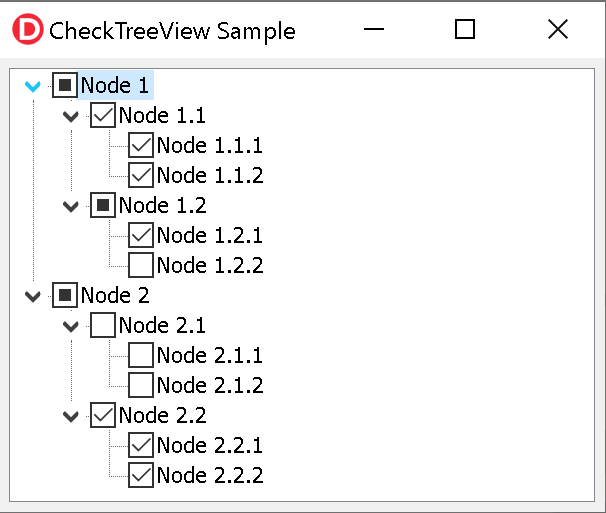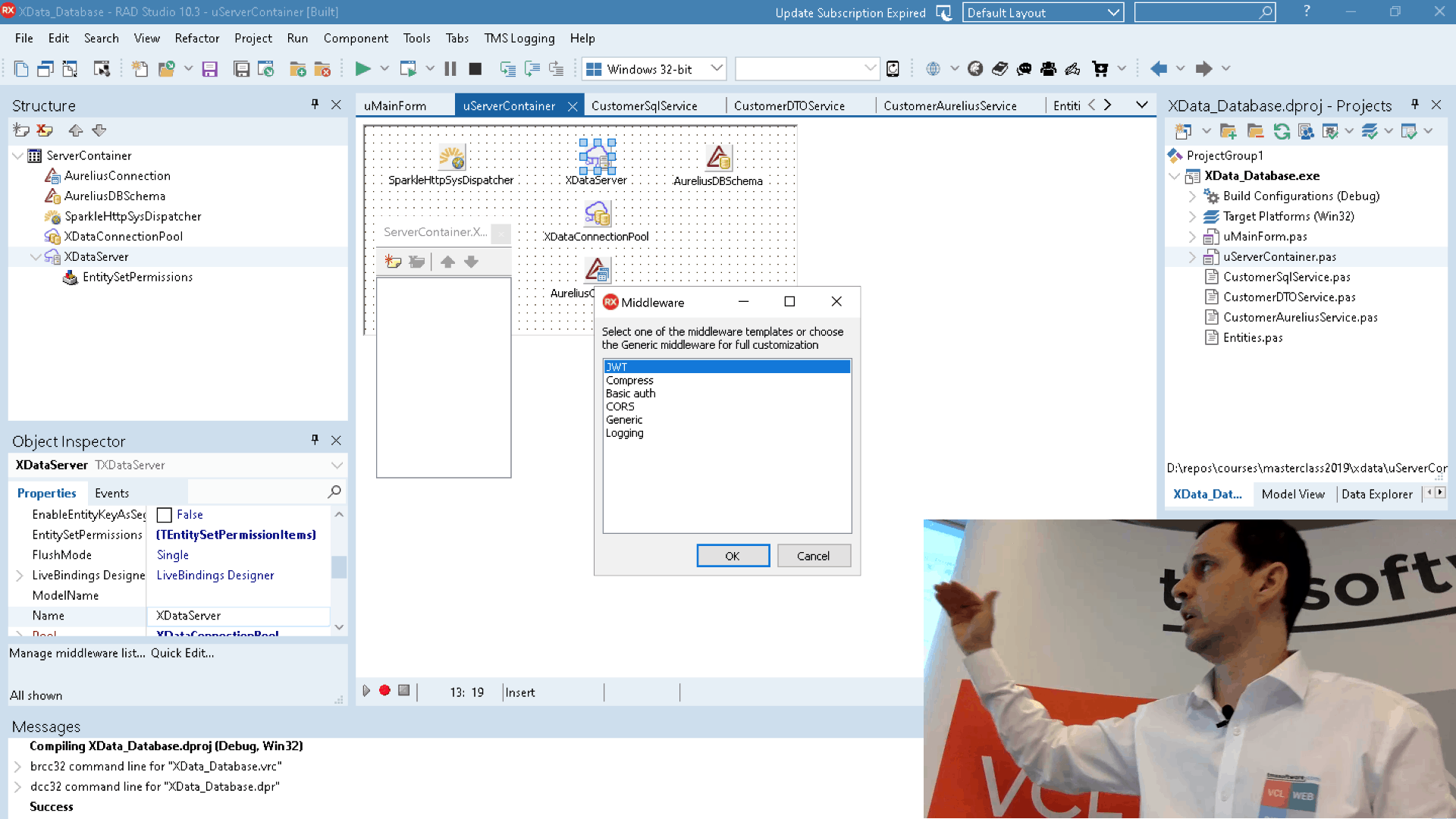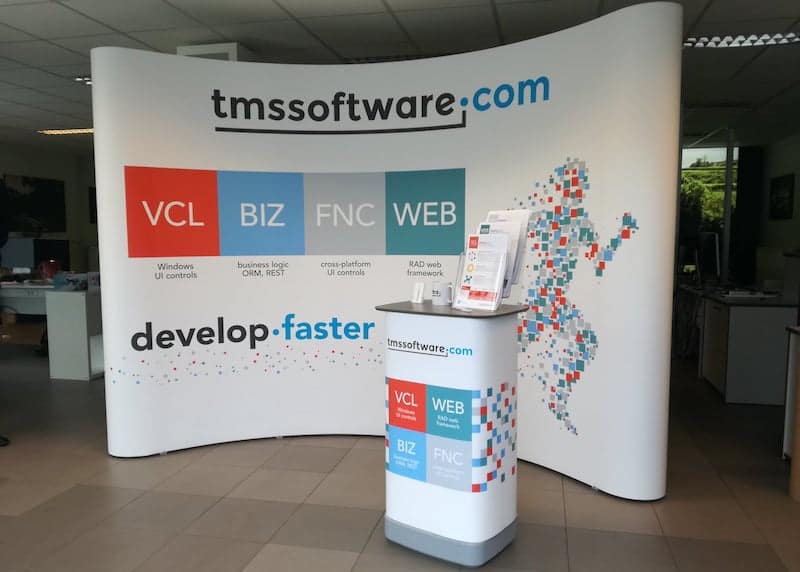Recently I had to create a Delphi VCL form with a tree-like control. It should be a piece-of-cake with Delphi: just dropped a TTreeView control on the form and I was almost there. But there was one gotcha: I wanted to have checkboxes in each node. Worse: checkboxes that could hold three different states (checked, unchecked, partial).

It’s very rare that I have to build complex GUI applications (lucky me) thus I had hope that in most recent VCL all I had to use was to enable some kind of property in the TTreeView component. To my disappointment, there is not such support for checkbox in the tree view.







